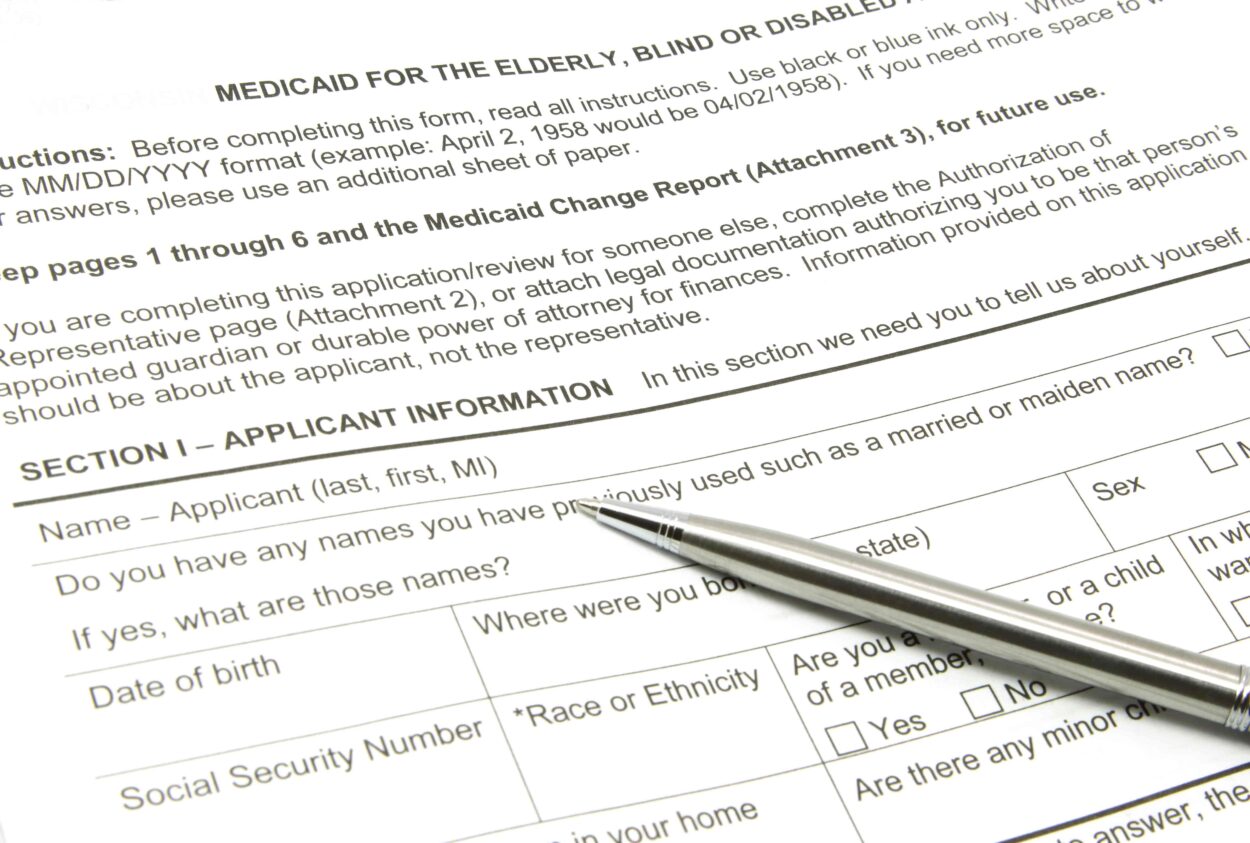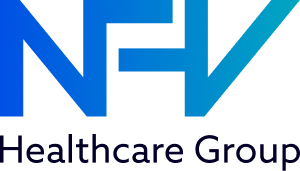Navigating the complexities of Medicaid eligibility can be a daunting task, especially for those experiencing it for the first time. However, having medical insurance is a must to avoid paying big amounts to get healthcare.
This comprehensive guide aims to shed light on the essential criteria and processes you need to understand to determine your qualification for Medicaid. Equipped with the right knowledge, you can make informed decisions and ensure that you or your loved ones receive the necessary benefits.
Understanding Medicaid Eligibility Basics
Medicaid is a joint program funded by both state and federal governments, designed to provide health coverage to individuals and families with low income and resources. Because the states administer it, each state has its own set of rules and guidelines regarding eligibility and services. Yet, they all operate within the broader framework the federal government provides. Understanding these basics is key in navigating your pathway to potential coverage.
Who is Eligible for Medicaid
The Affordable Care Act (ACA) expanded Medicaid eligibility in many states, allowing a broader range of people to access healthcare services. Eligibility is generally determined by income, household size, and other factors such as disability and family status. Special provisions exist for certain groups, such as pregnant women, children, the elderly, and people with disabilities.
Medicaid Eligibility Requirements

Determining your eligibility for Medicaid involves assessing your financial situation, categorization under eligibility groups, and state-specific requirements.
Income Limits and Guidelines
Medicaid eligibility largely hinges on your Modified Adjusted Gross Income (MAGI). This is the total income of your household minus certain deductions. The income limit is often a percentage of the Federal Poverty Level (FPL) and varies depending on your household size and the state you reside in. For example, many states offer coverage to adults earning up to 138% of the FPL under Medicaid expansion.
Asset Requirements
For some categories of individuals, such as those applying for Long Term Care Medicaid, there’s also an evaluation of assets. This might include savings accounts, investments, and certain types of property. However, not all assets are “countable”, and exemptions often apply, such as for a primary home or personal vehicle.
Categorical Eligibility Criteria
Besides financial criteria, to be eligible for Medicaid, individuals typically must fit into one of the specified categories. These include but are not limited to:
- You are pregnant or think you may be pregnant.
- You are or have a child or teenager age 18 or under.
- You or your child is in foster care or adopted.
- You have been diagnosed with breast or cervical cancer.
- You are blind.
- You have a disability or disabilities.
- You need nursing home care.
- Senior over 65.
Thanks to the ACA, some states have expanded their eligibility to cover all low-income adults below a certain income level.
Application Process

Applying for Medicaid can be done through various channels. Most states offer online applications, while others also accept in-person, mail, or telephone applications. During the application process, you must provide documentation that verifies your income, assets, residency, and other pertinent information.
Always ensure that you understand the specific documentation requirements for your state. But you can always contact a company such as NFV Healthcare Group to help you apply for Medicaid.
Tips for Ensuring Medicaid Eligibility
- Stay informed about your state’s specific rules and guidelines regarding Medicaid.
- Keep accurate and up-to-date records of your income, assets, and household changes.
- Understand the documentation necessary for the application and have everything prepared before starting the process.
- Consult with experts or legal aid services if you are unsure about aspects of the application or eligibility requirements.
Medicaid Eligibility for Hospitals
Hospitals often have staff who specialize in Medicaid eligibility. These professionals can assist patients with understanding their Medicaid options and help with the application process. Hospitals may also use presumptive eligibility to provide immediate, temporary coverage while processing the official application.
You Are In Good Hands at NFV Healthcare Group
Medicaid is a vital lifeline for millions of Americans who would otherwise be without healthcare coverage. Assessing qualifications for an individual or household Medicaid eligibility is not straightforward. Navigating a gray area is necessary to select the right healthcare for you and your family.
If you are still confused about Medicaid eligibility or want more personalized advice, consider contacting our professional at NFV Healthcare Group. We will help you find the best solution for you. Do you need help determining your Medicaid eligibility? Contact our expert team for guidance and support through the entire process.

